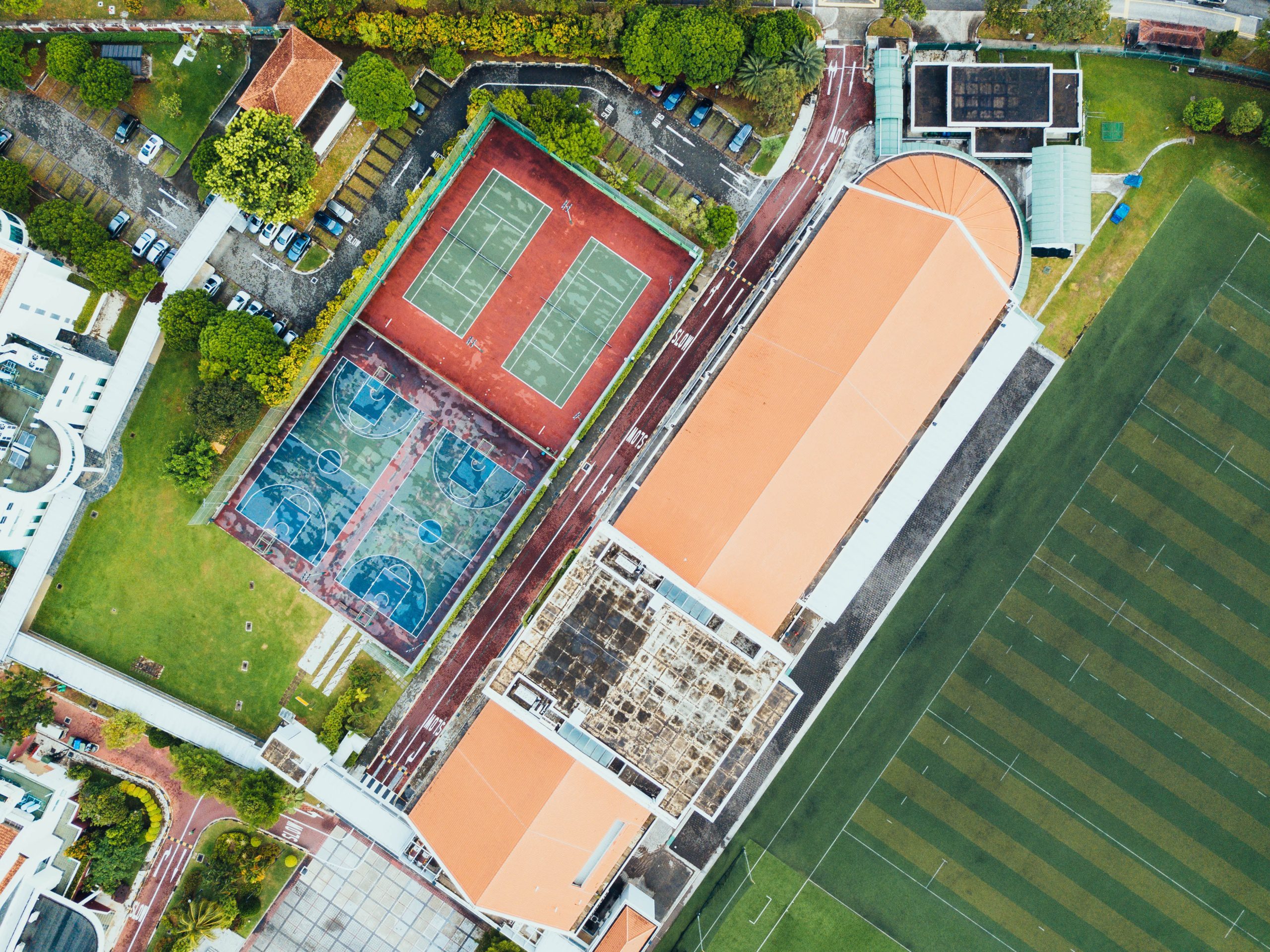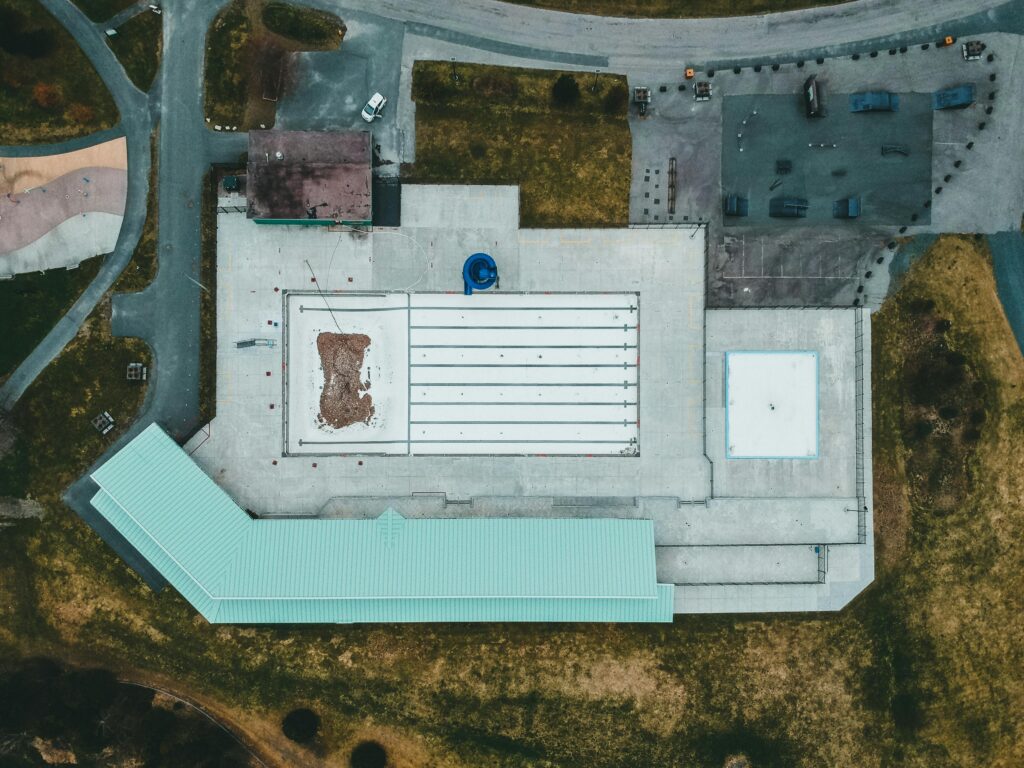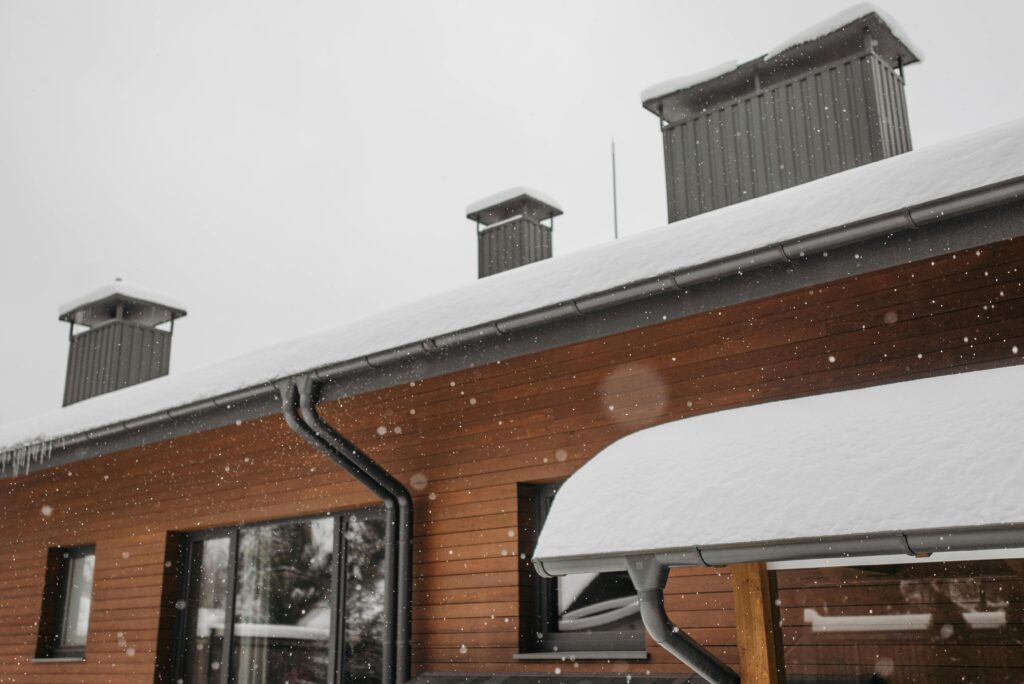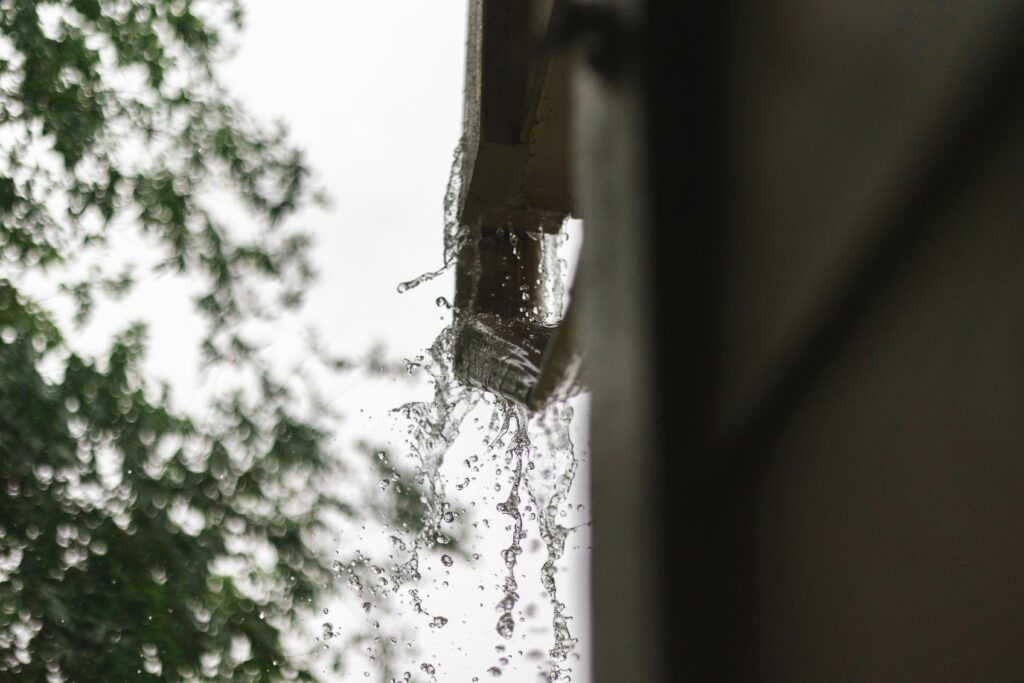How often to replace a roof depends on a few important factors. Your roofing material, how well it was installed, and how well it was maintained can all influence the lifespan of your commercial roofing system.
Commercial roofs are often exposed to more wear and tear than residential roofs. Consequently, these roofing systems typically need to be replaced more frequently. How often should you replace your commercial roof?
When You See Significant Damage
Any roofing system that has sustained significant damage will need to be replaced. Your roof may or may not already be at the end of its life when this damage happens. It could be structural damage, such as from a tree that falls on your roof. Or it could be from moisture damage that has accumulated over time.
Different types of roofing materials may show different signs of damage. For example, asphalt-based systems such as modified bitumen are more prone to blistering than single-ply membrane materials such as TPO. Look out for signs that your commercial roof needs to be replaced. These include loose roofing materials, excessive ponding water, or extensive cracking or bubbling.
For some businesses, signs that their roof has reached the end of its life may not be on the roof itself but may translate to interior damage such as mold, water stains, or loss of energy efficiency.
When Repairs Cost More Than a Replacement
If your commercial roofing system needs extensive repairs, it may not be worth it to repair every area of your roof that needs fixing. Instead, it may be more cost-efficient to invest in a complete replacement.
Sometimes, a replacement may be a better choice than extensive repairs. It depends on your roofing material, when it was installed, and the nature of the repairs. Your professional roofing contractor can let you know if your system has enough repairs needed that you need to start thinking about replacement.
You may consider repairing the roof and then having your roofer apply a roof coating. If you have a roof that’s only a few years old and it can get many more years even with the repairs, a roof coating can add a decade of life onto your roof by sealing the original material to help prevent damage.
After Approximately 20 Years
The average lifespan of roofing systems can vary based on their material and the quality of those materials. The following are the average life expectancies for the most popular commercial roofing materials:
- TPO: 20-30 years
- PVC: 20 years
- EPDM: 15-20 years
- Modified bitumen: 20 years
- Green roofs: 50 + years
- Roof coatings: 10-20 years
However, the material of your roofing system isn’t the only factor that determines its lifespan. You can have a roof with industry-leading materials installed by roofing experts. But if you haven’t done proper maintenance throughout your roof’s life, it may not reach its full lifespan.
While 20 years is the average length of time to consider replacing your commercial roofing system, this number won’t be true for every roof. Be mindful of which roofing materials you have and the condition of your roof by getting it inspected with an experienced commercial roofing contractor.
How to Prolong the Life of Your Roofing System
Prolonging your roofing system’s life can help you maximize your investment and reduce damage to your assets and business. A well-maintained roofing system also helps create a safe space for everyone inside. Additionally, it can go a long way towards enhancing your commercial property’s appearance.
Fortunately, it’s simple to maximize your investment into your commercial roof by following these three steps:
1. Have It Installed by Experienced Commercial Roofers
Having experienced professionals install your roof is of the utmost importance. Without proper installation with high-quality materials, your roofing system won’t last its expected lifespan. You want a roofer who’s experienced with the type of material you want and working with commercial properties like yours.
Be sure to work with a commercial roofer who works with materials that are tried-and-true in the industry and with a trained and skilled crew. Experienced roofers get the job done right so you can reduce the chances of problems with your system later. The first day of your roof’s life makes a significant impact on its lifespan!
2. Maintain Your Roofing System Over the Years
Maintenance is crucial to keeping your roofing system working great and protecting your commercial property. Although many modern commercial roofing materials are low-maintenance, that doesn’t mean you can completely skip regular maintenance for your roof.
Regular maintenance could be as simple as getting your roof inspected and conducting any repairs as needed. This will prevent bigger problems down the line. Maintenance is especially important before seasons where the weather can be harsh, such as before hurricane season, the heat and storms of summer, or the ice and snow of winter.
3. Get Your Commercial Roof Inspected Regularly
If you’re not a professional roofer, this step is best left to an experienced roofing contractor. You’ll want a roofer experienced with commercial roofing materials such as single-ply membranes, green roofs, modified bitumen roofs, and roof coatings.
An expert will know what damage to look for. Having your roof inspected can help you avoid significant damage to your roofing system from overlooked problems.
Annual roof inspections are recommended at the minimum, although it can be helpful to get an inspection twice a year. It’s best to do it once in the spring before the summer heat hits and once in the fall before the harsh winter weather comes.
So How Often Do You Need to Replace a Roof?
The answer is: it depends. Every commercial roofing system will be unique, and its lifespan will not only depend on the installation, the materials, and any maintenance you conduct. It also depends on how much sun and rain your roof receives over its lifetime.
A general rule of thumb is to replace your roof every two decades. However, some commercial property owners may need to replace their roofs more or less often. The best way to know is to contact an experienced commercial roofer to assess your roofing system.



